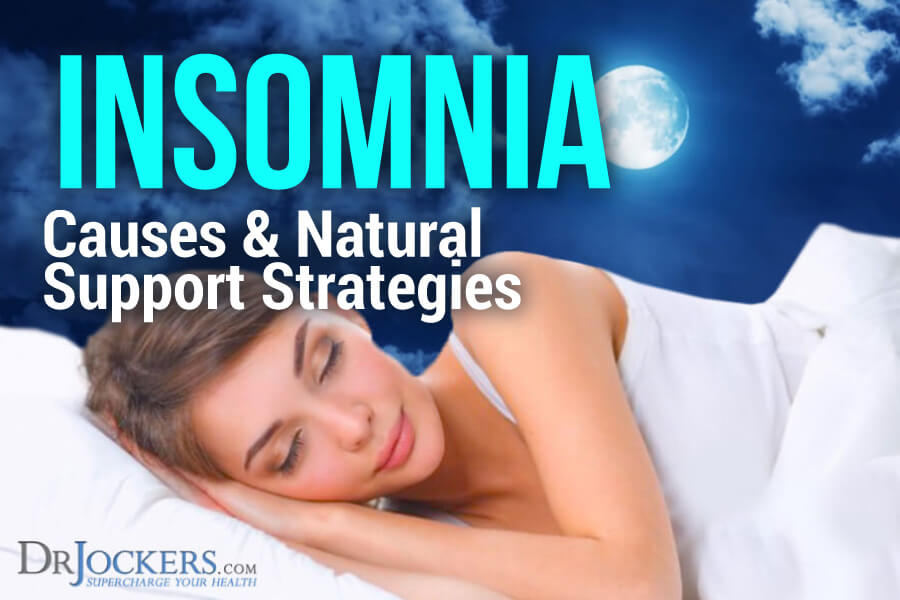
Insomnia: Causes & Natural Support Strategies
Is it possible to beat insomnia naturally? If you have ever struggled to fall asleep at night or stay asleep through the night, you are not alone. It is estimated that over 20% Americans experience insomnia while close to 60 million people have sleep trouble in a given year (1).
Chronic insomnia impairs mood and cognitive function while accelerating the degenerative process of aging. Research shows that insomnia rates increase as people age with roughly 25% of 65-79 year olds suffering with this disorder (2). The goal of this article is to help you and your family understand the root causes and natural support strategies for insomnia.
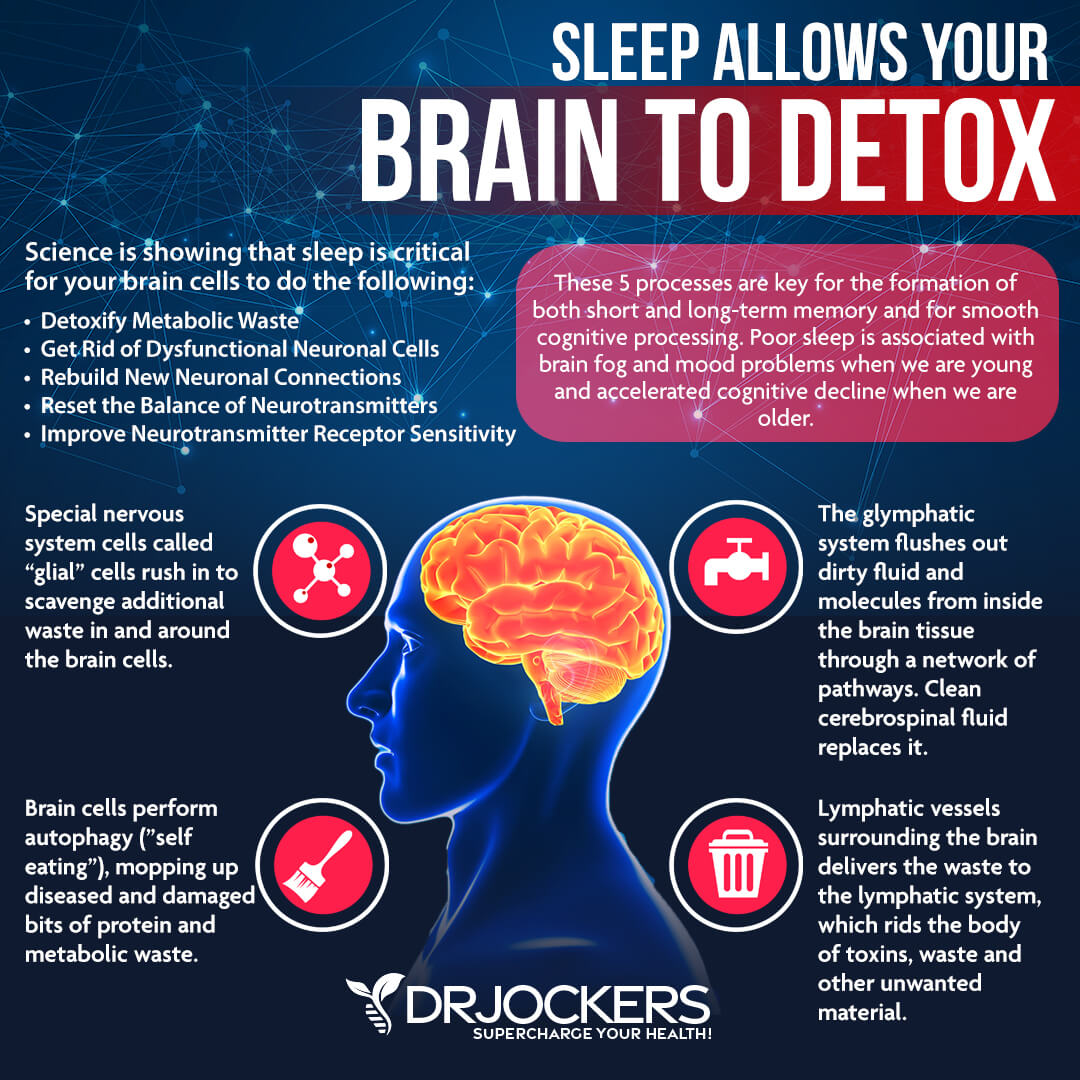
Poor Sleeping Habits and Stress Hormone:
Poor sleeping habits and insomnia pose a very serious threat to one`s health. These health consequences include elevated cortisol and reduced human growth hormone (HGH). Cortisol induces elevated insulin and fat storage (3, 4).
Over time, insulin resistant diabetes and obesity are common. Elevated cortisol & lowered HGH levels create an inflammatory cascade that wears down joints, tissues, and organs. This can also act like a vicious cycle that causes more sleep problems and makes it harder to beat insomnia.
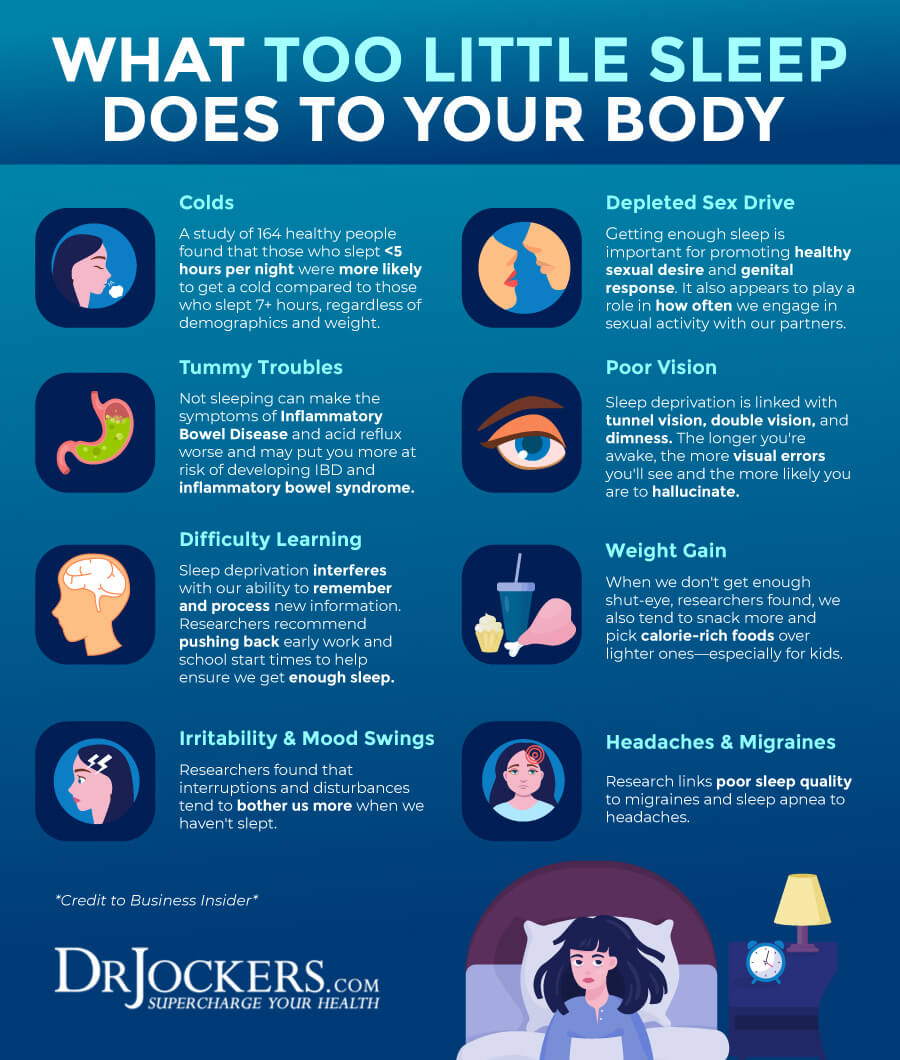
Chronic Insomnia Accelerates Aging:
Chronic insomnia accelerates the aging process throughout the body. This speeds up the development of degenerative diseases such as heart disease, cancer, Parkinson`s, Alzheimer`s, and osteoarthritis among others (5, 6). Elevated cortisol and lowered HGH will also cause skin wrinkling, hair loss, poor vision, & muscle loss.
Getting a good night’s sleep on a regular basis is one of the best strategies for preventing and/or reversing disease processes. An individual should aim for 7-9 hours of sleep per night. Too much sleep can be just as damaging to the body as too little. The greater the stress an individual is under the more restorative sleep his/her body typically needs.
Causes of Poor Sleep & How to Address Them
There are many different factors that can influence sleep quality, from different health conditions to lifestyle choices.
Here are some of the most common causes of poor sleep, and how to address them in order to look after your health.
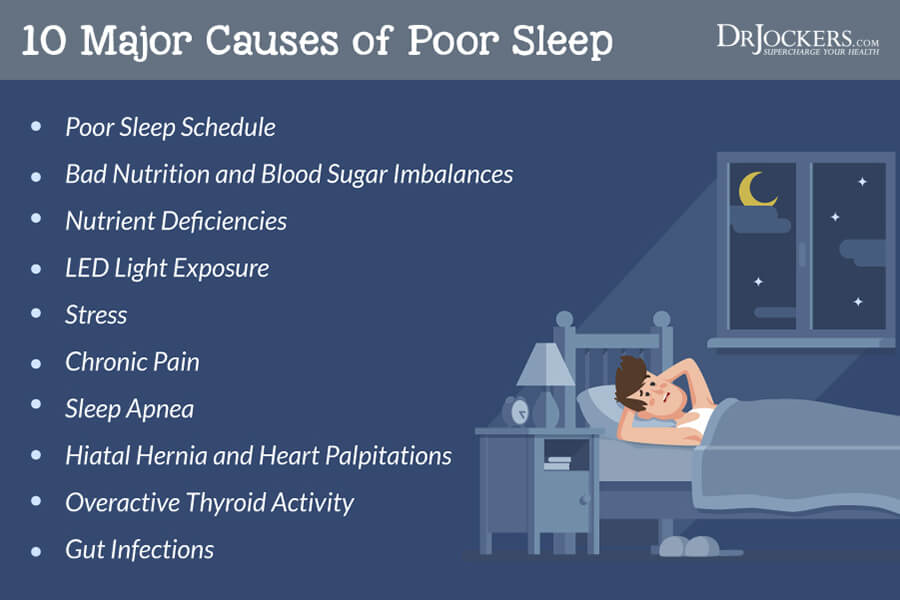
Poor Sleep Schedule
As we have discussed shortly already, our body relies on proper signals to know when to sleep. The circadian rhythm is the fluctuation between cortisol (a stimulating hormone) and melatonin (a sleep-inducing hormone). This rhythm relies on a number of cues like sunlight, food, physical activity, and previous rhythm patterns.
Because of this rhythm, it is important to stay consistent with your sleep and wake schedule. This way, your hormones will follow a similar pattern each day. This will, in turn, make your sleep patterns more consistent and restorative.
Action Tips:
- Try to go to bed within the same hour every night
- Avoid hitting the snooze button, get up at the same every day (even on weekends!)
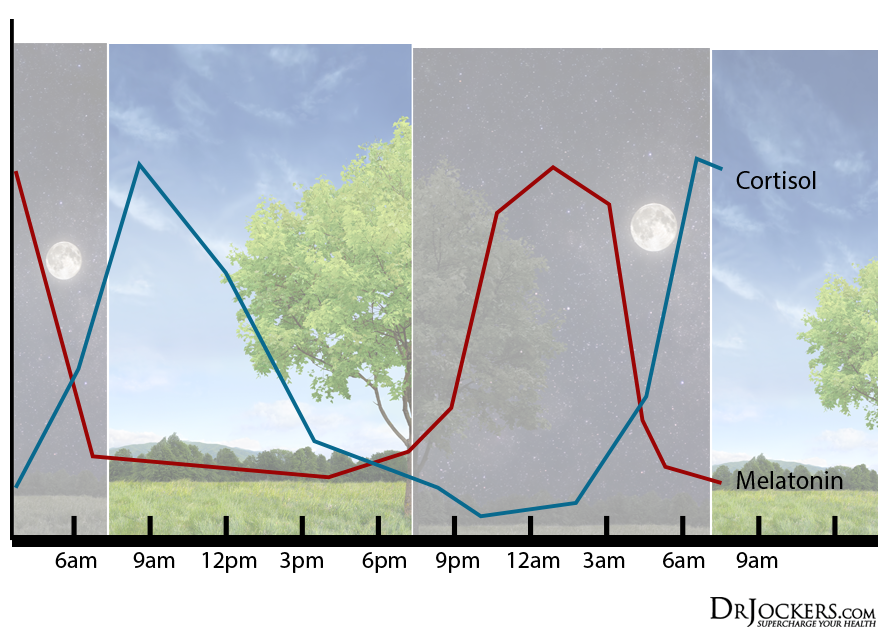
Bad Nutrition & Blood Sugar Imbalances
Bad sleep can result in blood sugar imbalances and increase your risk of diabetes. At the same time, blood sugar imbalances can disturb sleep tremendously. When blood sugar becomes too low, the body must produce cortisol in order to bring it back up. The issue with this is that cortisol is also stimulating to the body and may wake you up or bring you into a lighter sleep phase.
If you consume a meal high in simple sugars before bed, this can result in a spike in blood sugar, followed by a subsequent crash. It is this crash that often wakes people up in the middle of the night. Consuming a source of low-glycemic carbs before bed, like sweet potato or some organic berries, can help prevent this stressful crash. Alternatively, adopting a cyclic ketogenic diet can help provide the body with a more stable energy source throughout the night, ketones.
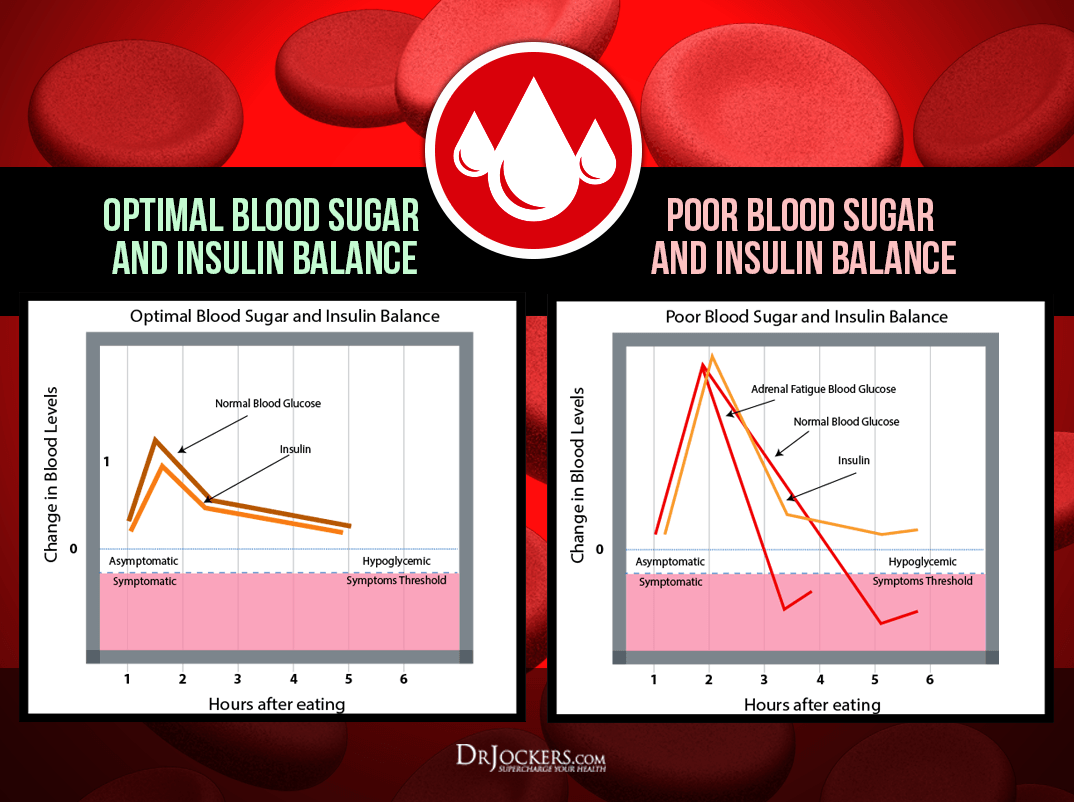
Nutrient Deficiencies
If your diet is lacking in certain nutrients, this can be contributing to bad sleep as well. This is because certain nutrients act as cofactors in biochemical pathways that create relaxing chemicals like GABA, Serotonin, and melatonin.
The body relies on nutrients like magnesium, B vitamins, vitamin D, zinc, omega 3 fats, and amino acids (like taurine) to synthesize these relaxing chemical messengers. If your diet is lacking in these nutrients, you may not be producing the right amounts of GABA, serotonin, or melatonin.
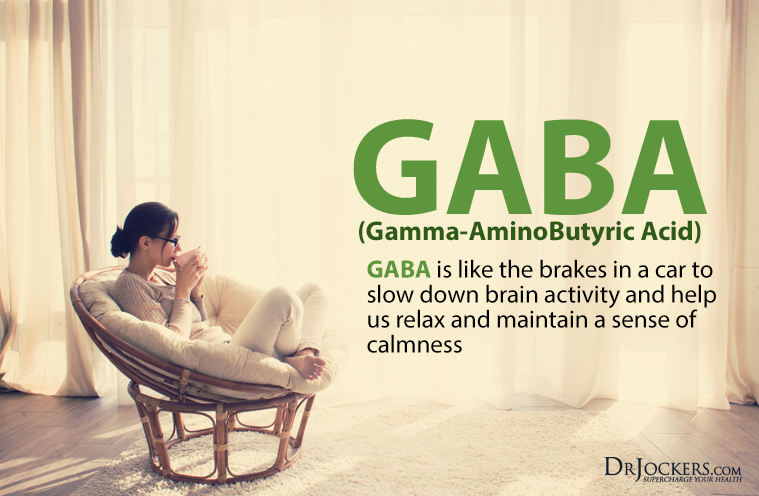
LED Light
Although screens have become an integral part of most modern lives, the blue LED light from devices can be damaging to your sleep. Present in smartphone, computer and television screens, blue light can disrupt melatonin levels because the brain confuses the phone’s artificial light with daylight (7). This can shut off melatonin production and inhibit sleep.
It’s best to turn off electronics with LED light at least two hours before bedtime and charge your phone outside of your room in case notifications wake you up. Alternatively, consider downloading a dimmer on your electronics that eliminates the blue tone in their screens as the sun goes down.
If you use a nightlight in the hallway, use a bulb that emits red light which has the least effect on your circadian rhythms. Another great option is to purchase a pair of blue-light blocking glasses to wear within 2-4 hours of going to sleep such as these here.

Stress
Stress is natural. Too much of it, however, can negatively impact many aspects of your health. Chronic stress can raise your blood pressure, weaken your immune system, and even lead to long-term issues like diabetes and heart disease. Stress can also make it difficult to fall asleep, whether it be anxious thoughts keeping you up, a faster heart rate, or rapidly fluctuating blood sugar levels.
In order to fall asleep while stress tries to keep you on alert, you need to find an effective way to relax. Taking time to unwind and destress is an effective way to lower your heart rate, mimicking the natural process of falling asleep. Reading, taking a magnesium bath, and journaling are all great ways to calm your mind prepare your body for bed.
Nighttime meditation has also been proven to lower stress levels, fight insomnia and improve sleep quality (8). By focusing your breath and clearing your head, you’re better able to focus on the present instead of stressful future or past events. A quick meditation routine, or even the similar practice of yoga, can help you let go of worry and relax into sleep.
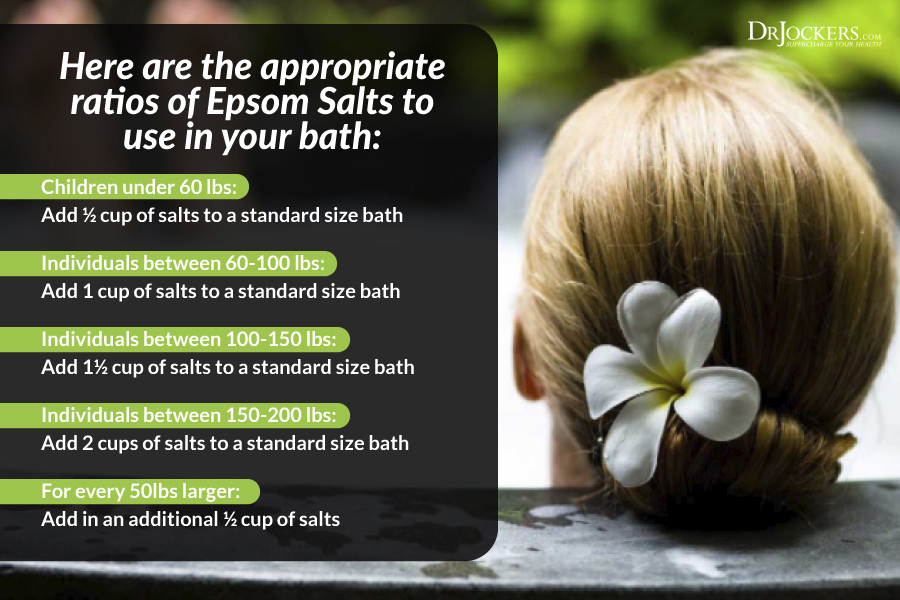
Chronic Pain
Pain that persists for more than three months is considered chronic and is a reality for 11 percent of Americans (9). Disorders ranging from arthritis and fibromyalgia to endometriosis and nerve damage often cause so much pain that sufferers consistently lose sleep.
While chronic pain can be difficult to treat, finding natural ways to manage it at nighttime is crucial. Pain medication may be able to reduce the perception of pain, but it often comes along with a list of side effects. Using the anti-inflammatory strategies illustrated below can be very powerful.
If you have persistent back or neck pain, try switching up your sleeping position. A good choice is lying on your side, legs curled to your chest and a pillow between your knees. This position alleviates pressure on a sore back by opening the spaces around your vertebrae. You can also experiment with natural sleep supplements like magnesium or melatonin to ease muscle tension and reduce pain.
Other helpful anti-inflammatory supplements that can help reduce pain when used regularly include: Omega-3 Fats, Curcumin, and glutathione.
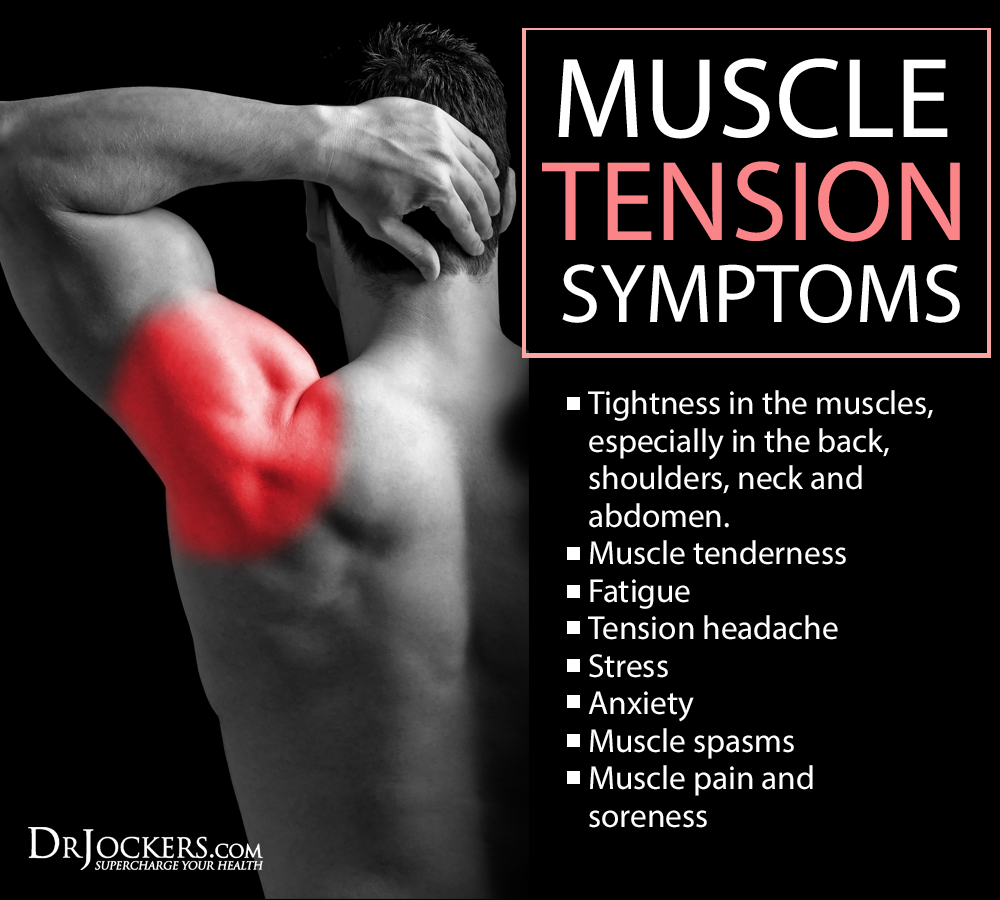
Sleep Apnea
Severe snoring, headaches, fatigue, and holding your breath while asleep can all be symptoms of sleep apnea. Sleep apnea affects more than 22 million Americans and can be fairly serious if left untreated (10).
The most common type, obstructive sleep apnea, occurs when the throat muscles relax during sleep, causing breathing to start and stop throughout the night. Not only does this contribute to bad sleep, but these sudden drops in oxygen levels can lead to high blood pressure and even serious heart issues or stroke.
One way to discover if sleep apnea is an issue for you is to participate in a sleep study. This is where your breathing, heart rate, and neurological activity are monitored during sleep to identify potential disruptions. Many forms of sleep apnea can be improved with lifestyle strategies.
More severe forms may require the use of a special machine that keeps the airways open, such as a CPAP. Here is a helpful article to learn more about sleep apnea and strategies you can apply to get better.
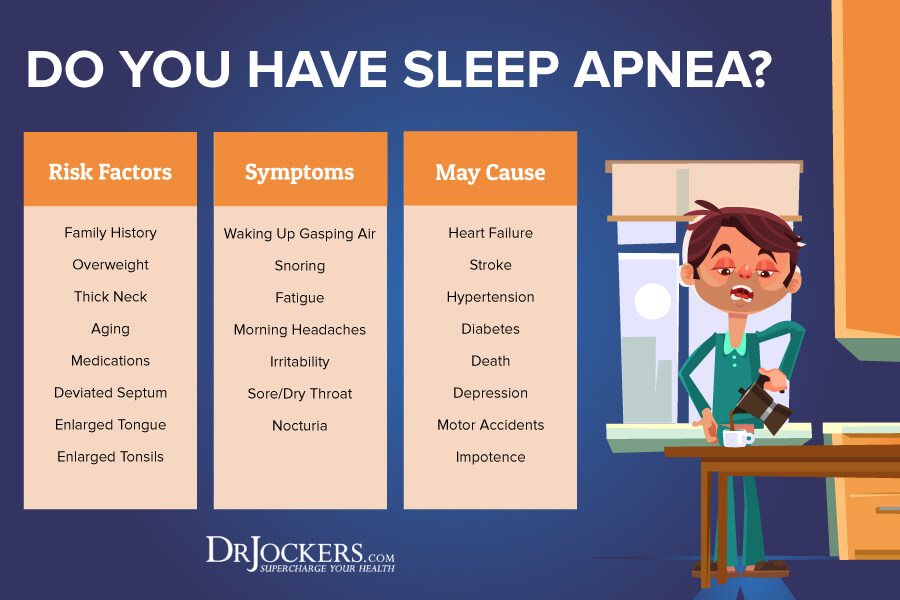
Hiatal Hernia & Heart Palpitations
A hiatal hernia is when the stomach protrudes through the diaphragm. When this occurs this can cause acid reflux, breathing restrictions, and heart palpitations – all of which can contribute to bad sleep. In fact, many people with hiatal hernias report waking up in the middle of the night feeling like they are coughing or choking.
If a hiatal hernia is around long enough, it can begin to create deeper problems that also cause bad sleep. Hiatal hernias often contribute to poor digestion, chronic inflammation of the gut, predisposition to infections in the gut, leaky gut, and ultimately a chronically stimulated stress response. Healing a hiatal hernia (and digestive issues in general) is key for getting optimal sleep.
Overactive Thyroid
Hyperthyroidism is a disorder that occurs when your thyroid gland produces too much of the hormone thyroxine. It can overstimulate the nervous system and accelerate metabolism, both of which can have pretty severe symptoms.
However, because thyroid function affects every organ, its symptoms can be widespread and difficult to diagnose. Common signs include sudden weight loss, profuse sweating, rapid heart rate, and anxiety. It can also cause poor sleep, causing sufferers to stay up with night sweats or racing thoughts.
The disorder is identified by blood tests that measure thyroxine levels and can be treated in a few different ways. Most cases use medication or radioiodine treatment to control the number of hormones the thyroid produces, but in some more severe cases, surgery may be required. Luckily, there are also natural ways to support the body in healing. Since hyperthyroidism is almost always related to autoimmunity, addressing the areas depicted below is very important.

Gut Infections
A big hidden cause of bad sleep is actually gut infections. If you tend to wake up around 2-3 in the morning and also tend to have elevated blood sugar before breakfast. This is because immune activity often becomes elevated during the night which can trigger cortisol responses that stimulate the body and throw off blood sugar. Additionally, infections in the gut lead to damage to the digestive tract and chronic inflammation.
One of the best ways to test for these infections is through a functional stool analysis such as the GI MAP here. Using a lab like this can help identify pathogenic bacteria, viruses, yeast, and parasites that may be contributing to elevated immune activity at night. Working with a health coach accordingly, you can create a plan to eradicate any identified infections.
Natural Remedies to Restore Sleep:
There are several natural remedies that can be used to help induce restorative sleep. A relaxation tea such as mint, chamomile, or valerian root works great. There are blends of teas that often use all 3 of these herbs to help promote relaxation. It is necessary to avoid any caffeinated foods or beverages such as coffee & chocolate within 10 hours before bed.
Almonds, bananas and milk are great sources of tryptophan. Tryptophan mirrors the results of Prozac, by increasing the amount of serotonin the brain. Of course, it does this naturally and does not have the addictive effects of Prozac. Healthy serotonin levels help boost relaxation, confidence, mood, and restfulness.
Also, adding a tablespoon of coconut oil will improve ketone body production and help to stabilize blood sugar. If blood sugar is out of balance it will cause you to wake up in the middle of the night (2-4pm) and have trouble falling asleep again. If you struggle with this, be sure to have a tablespoon of coconut oil in the evening before bed. This can be an important step in your journey to beat insomnia naturally.

Top Tips for Better Sleep
These strategies are fairly easy to apply and are highly effective. If you have been doing all 15 of these strategies and are still struggling with insomnia, it is extremely important that you work with a functional health practitioner to find the underlying root cause of your disorder.
You should be able to fall asleep within 30 minutes of going to bed and be able to sleep with minimal waking for 7-9 hours continuously. It is vital that you take this seriously.
Blood Sugar Stabilizing Nutrition Plan
Foods that are high in sugar and carbohydrates are going to cause blood sugar imbalances that can cause sleeping problems. A 2012 study in Neurology, the Journal of the American Academy of Neurology, has shown that having high blood sugar can negatively impact your hippocampus and amygdala and impair your brain health (10).
Your amygdala plays an enormous role in your fight-or-flight stress response. Moreover high blood sugar levels increase your risk of prediabetes, diabetes, inflammation, disease, and generally, negatively affect your entire body as well.
I recommend that you follow a blood sugar stabilizing nutrition plan that can help to improve your brainwaves and brain health. Eliminate sugar and refined carbs from your diet. Remove processed foods, artificial ingredients, refined ingredients, and inflammatory foods. Eat a diet low in carbohydrates, and get your carbs from healthy sources, such as low glycemic index fruits, such as berries.
Focus on greens, vegetables, herbs, spices, healthy fats, and clean protein. Keep regular mealtimes. Eat balanced, high-fat, moderate-protein, low-carbohydrate, and high-nutrition meals. To learn more about the low-carb ketogenic diet I recommend, read this article.
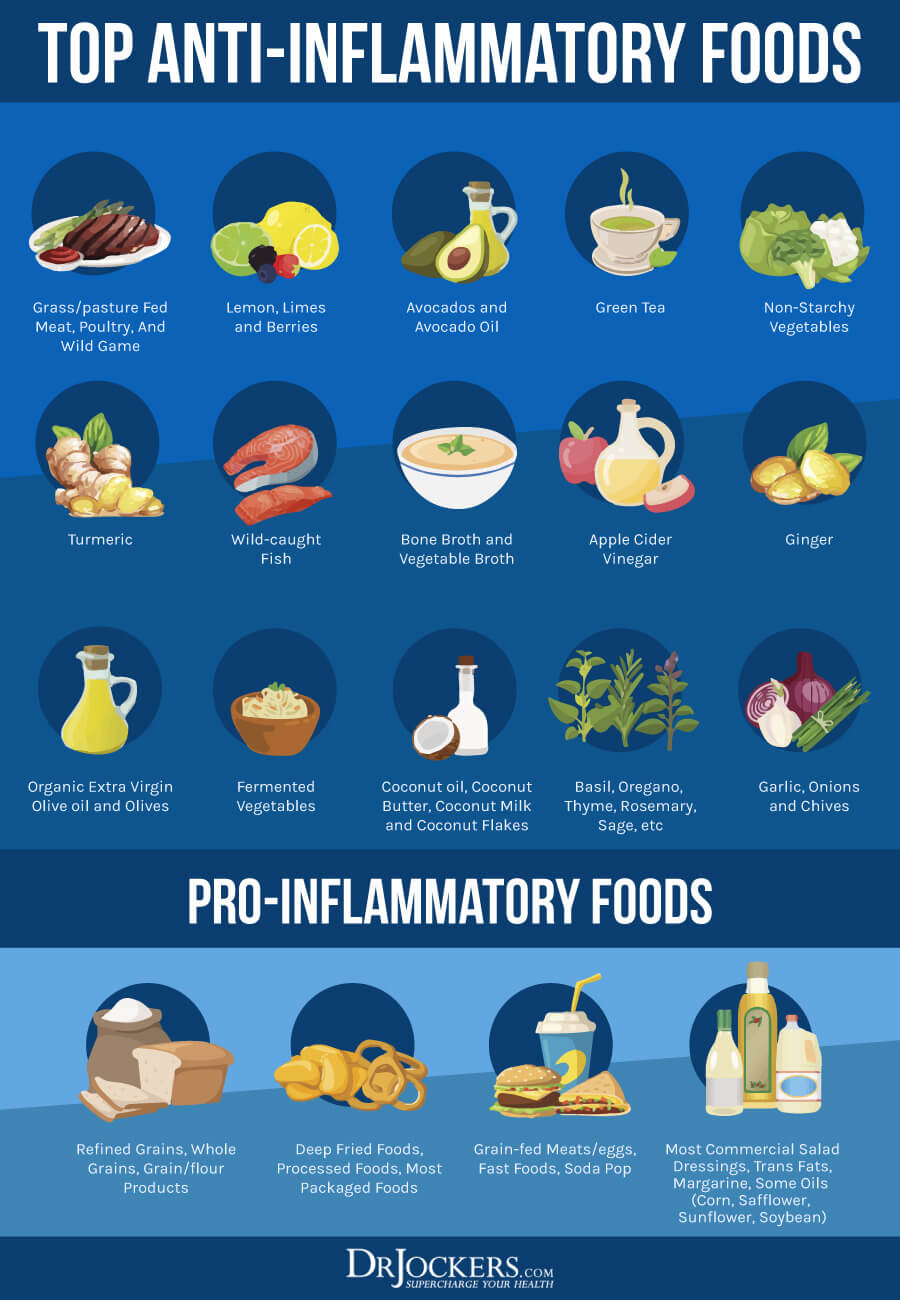
Regular Sleep-Wake Cycle:
The body works best on routine rhythms. For optimal sleeping patterns go to sleep the same time each night and wake up the same time each morning. The most you should deviate if at all possible would be thirty minutes.
Research has shown that people need at least seven and up to nine hours of sleep for optimal health. Every hour of sleep between 9pm and midnight is equivalent to two hours of sleep quality after midnight. I always try to get my clients to be in bed by 11pm at the latest. This is key for improving insomnia.
Create an Optimal Sleeping Environment:
The first step to healthy sleep is creating an optimal sleeping environment. Have a clean, comfortable, well-fitted mattress. All lights should be turned off or turned away from the bed. The room should be fairly cool (70 degrees or so) as this improves sleep quality. Using a fan for moving air is typically a good idea to improve nighttime breathing and sleep quality.
Ideal sleeping hours for the greatest healing and anti-aging effects are between 10pm and 6am. A good general goal is to be sleeping by 11pm to get a good boost of HGH. Some experts suggest that every hour of sleep before midnight is equivalent in quality to 3 hours of sleep afterwards due to its HGH boosting effects.
Do something to unwind your mind before bed. Great strategies are to read and meditate, keep a gratitude journal, or use something else that inspires and brings peace to your mind. If you want to beat insomnia naturally than it is really important to create this sort of a ritual.
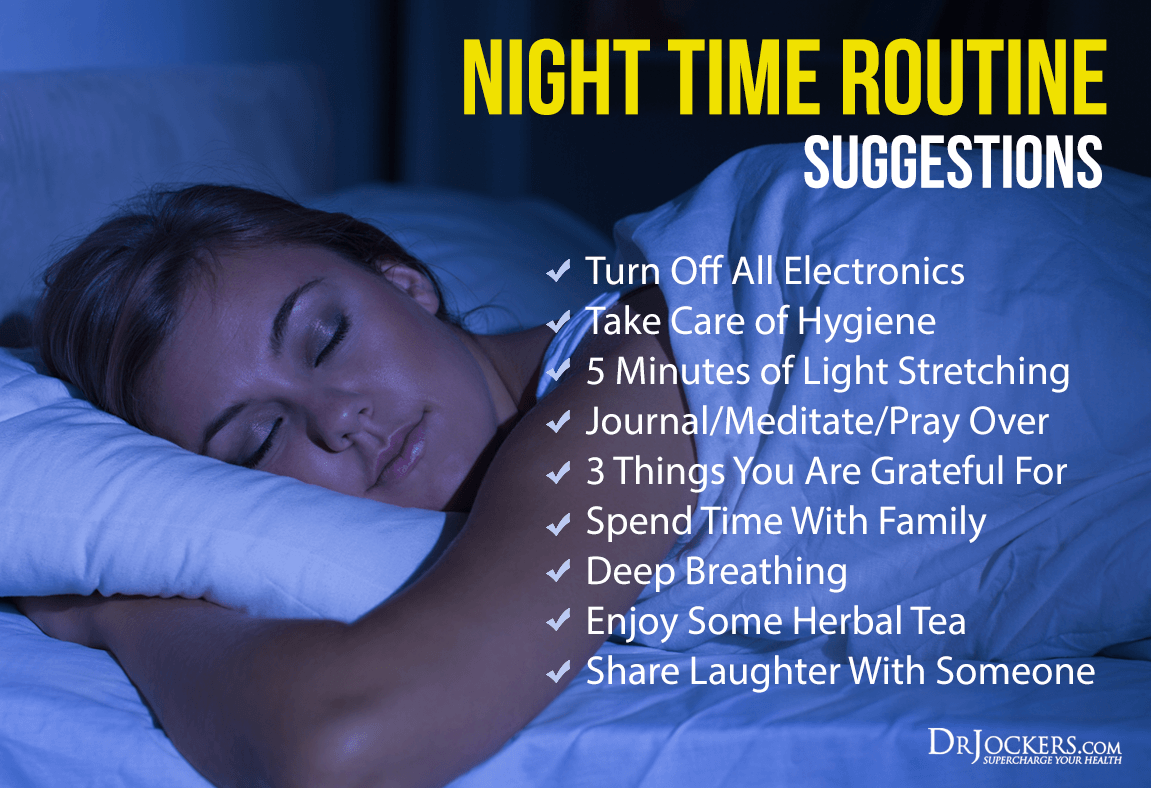
Darkness:
In the absence of light the pineal gland produces melatonin. Melatonin is known as the regulator of the sleep wake cycle in the body. It is produced in the pineal gland of the brain and monitors sleep cycles while playing an important role in healing and anti-oxidant protection.
Any sort of light can interfere with normal melatonin production and negatively effect sleeping patterns. Turn off all lights, turn your alarm clock away from you and close the blinds. Use an eye mask to cover your eyes and maximize your melatonin secretions. This mask helps me tremendously.
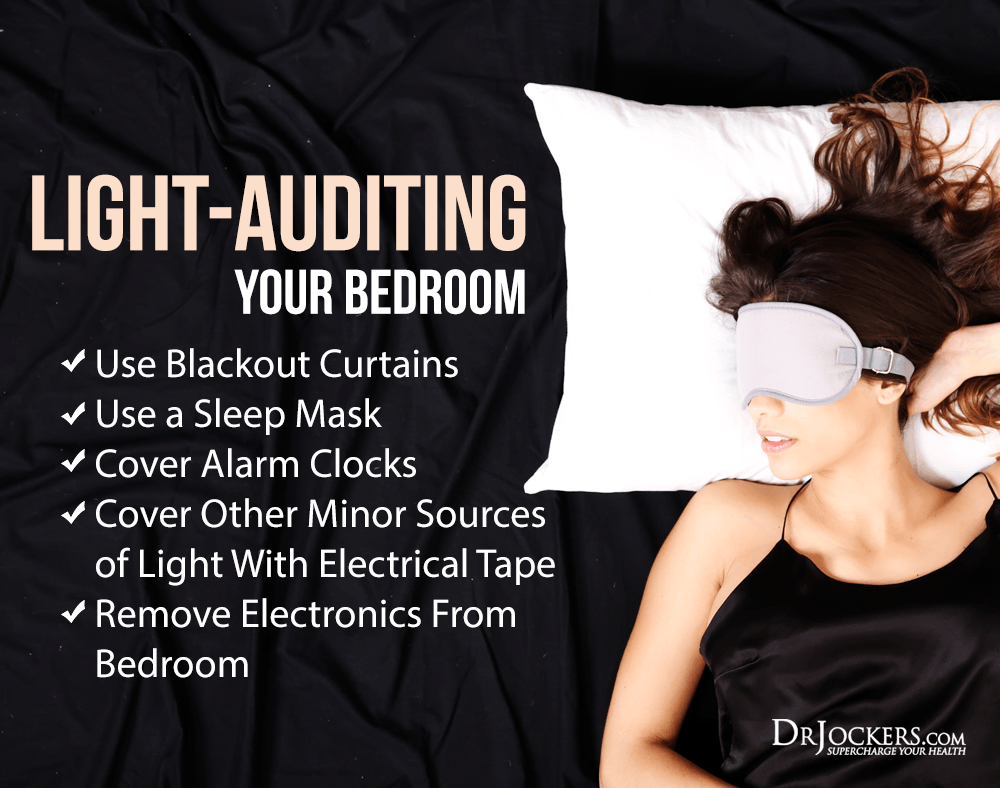
DO NOT HIT SNOOZE
Trust me, I know how satisfying it is to hit the snooze button in the morning. Although it may feel satisfying in the moment, this pattern actually sets you up for drowsiness during the day and sleep problems at night. This is because once you wake up in the morning, your body begins the hormonal cascade designed to wake you up. When you go back to sleep while this is occurring, you can disrupt your circadian rhythm substantially.
Try your best to get out of bed as close to waking up as possible. The regularity of your sleep and wake cycle will become reinforced and improve over time the more you are able to do this.
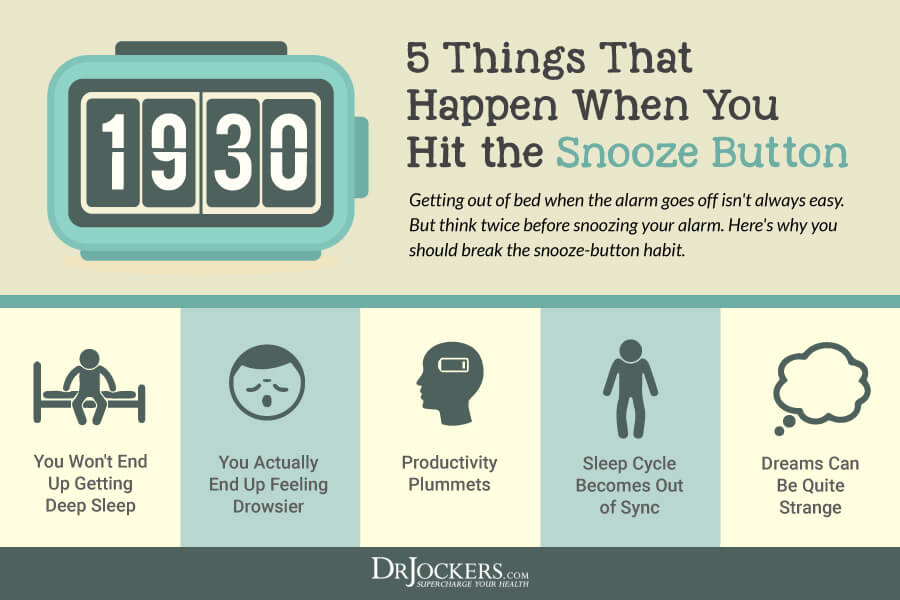
Use the Proper Sleep Posture:
I find that most people sleep with really poor posture which creates neck pain and lower back pain. It also disturbs their ability to oxygenate and sleep soundly through the night.
Seeing a wellness based chiropractor to reduce stress on your spine and following these tips for optimal sleeping postures is extremely critical.
Use Blue Light Blocking Glasses:
Blue light tells your brain that it’s “day time out” and it inhibits melatonin secretions from the pituitary gland. By blocking blue light by downloading f.lux onto your computer and wearing blue light blocking glasses at night, this can help see a 70% increase in melatonin secretion before bed.
I personally do this, along with dimming down the lights at night. You can find some inexpensive light blocking glasses here and they can go a long way in your journey to beat insomnia naturally.
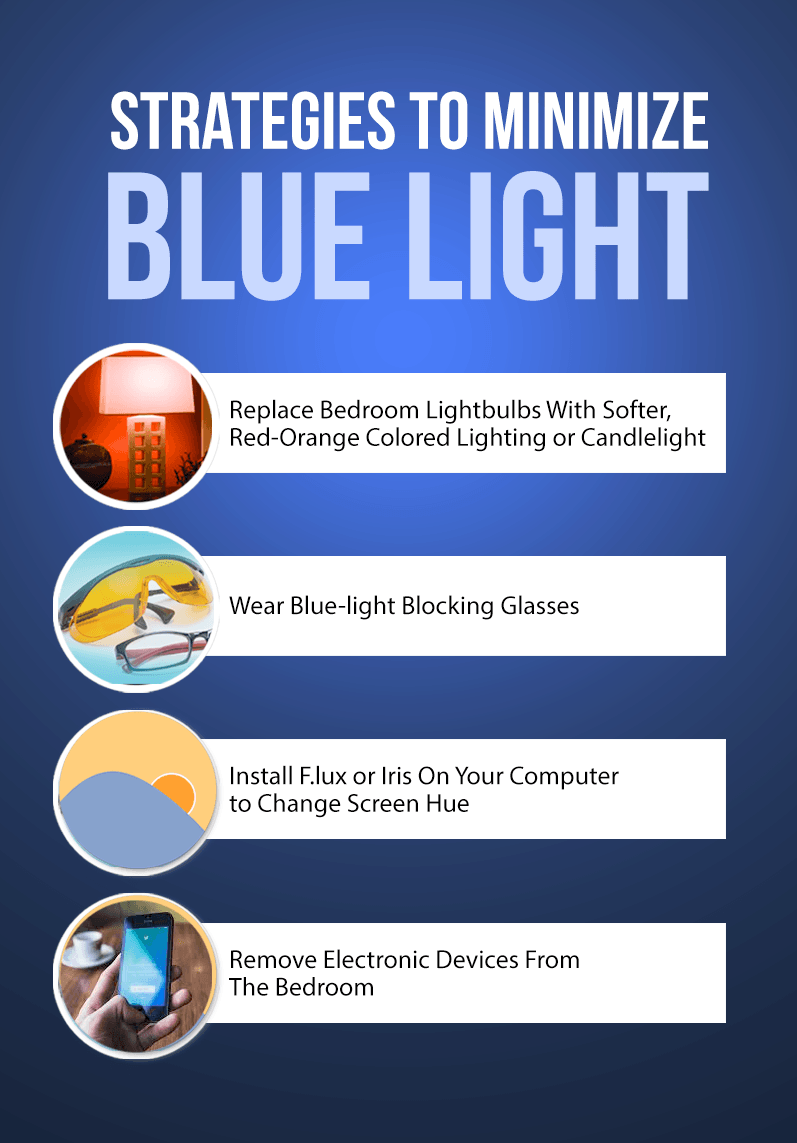
Proper Hydration:
There is a delicate hydration balance that should be achieved for optimal sleep. You want to ensure that your body is not dehydrated as this will increase stress hormones and disrupt sleep while too much hydration will fill the bladder and lead to bathroom breaks overnight.
Be sure to drink 8 ounces of water 90 mins before bed and leave a glass of water near your bed in case you wake up thirsty. Go to the bathroom and empty your bladder before getting in bed. Nothing like waking up to go to the bathroom multiple times at night that will stifle our path to beat insomnia naturally.

Reduce Noise:
Various noises can have a massive impact on the quality of sleep and can keep you awake, reducing the quantity of sleep you are getting. Be sure to turn off anything that would distract you.
Try wearing earplugs to bed to block out noise. My wife does this effectively each night. She also takes our dog’s collar off so we don’t hear her making any noise at night. This was very important for her to beat insomnia naturally.
Keep the Room Cool:
When you fall asleep your body temperature homeostasis (temp your brain is trying to achieve) goes down. If the room temperature is too cold or too hot it can cause stress on the system and disrupt sleep. The typical range that works best is between 65-70 degrees F.
Additionally, using a fan can be extremely helpful to improve air flow and make the room more comfortable. I have found this super key to beat insomnia naturally.
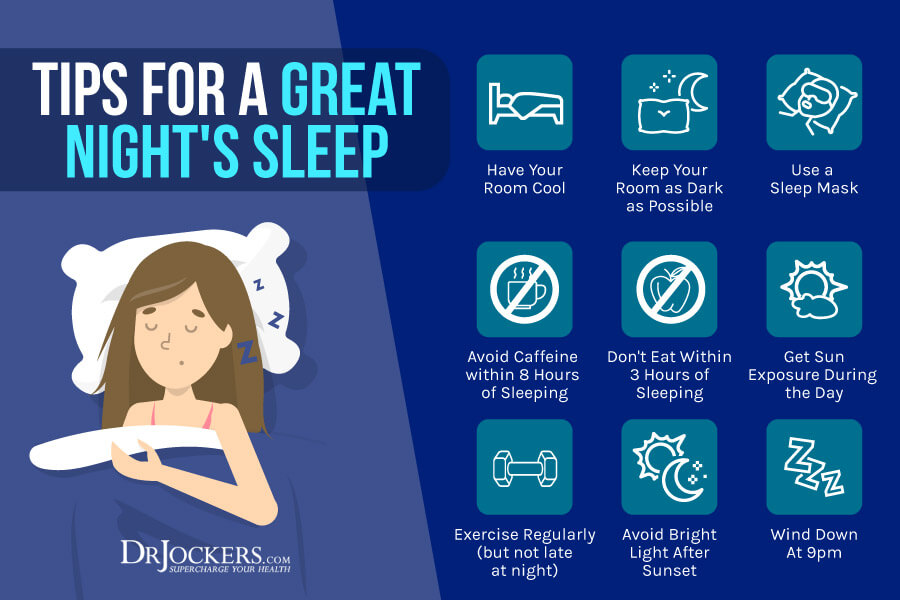
Relaxation Tea:
There are many organic teas on the market that are loaded with herbs like chamomile, passionflower and valerian root which naturally help relax the body and induce sleepiness. I go over the best herbs in this article here.
I use these all the time with my clients to help them get better quality sleep. They are very relaxing and refreshing to enjoy at night before bed.
Gratitude:
Many individuals allow fear, worry and anxiety to disrupt sleep cycles. Practicing gratefulness allows the body to relax more effectively and sleep better.
Keep a gratitude journal and write down three things you are genuinely grateful for that day. Creating a gratitude ritual will improve your sleep quality and give you peace of mind.
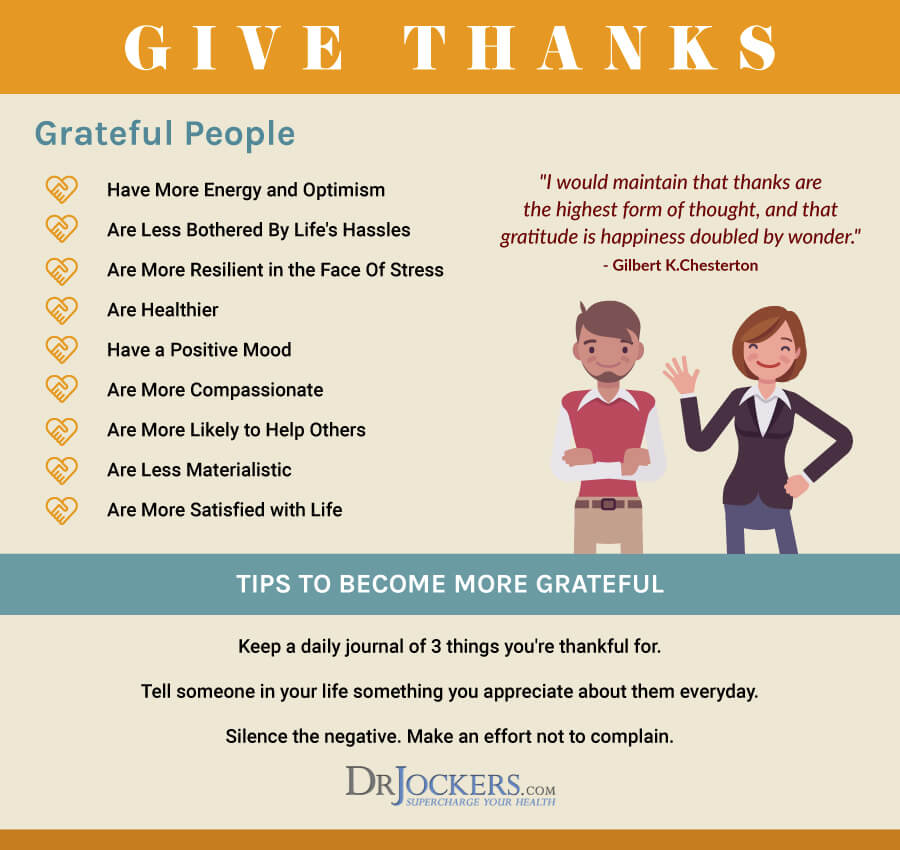
Ground Your Body:
In our society we are surrounded by toxic artificial electromagnetic frequency’s (EMF’s). These artificial EMF’s negatively effect our brain chemistry, neurotransmitter secretions and stress response.
By going outside daily and walking barefoot on grass, dirt or sand you absorb natural EMF’s from the ground that balance your electrical rhythms. Follow the steps in this article here.
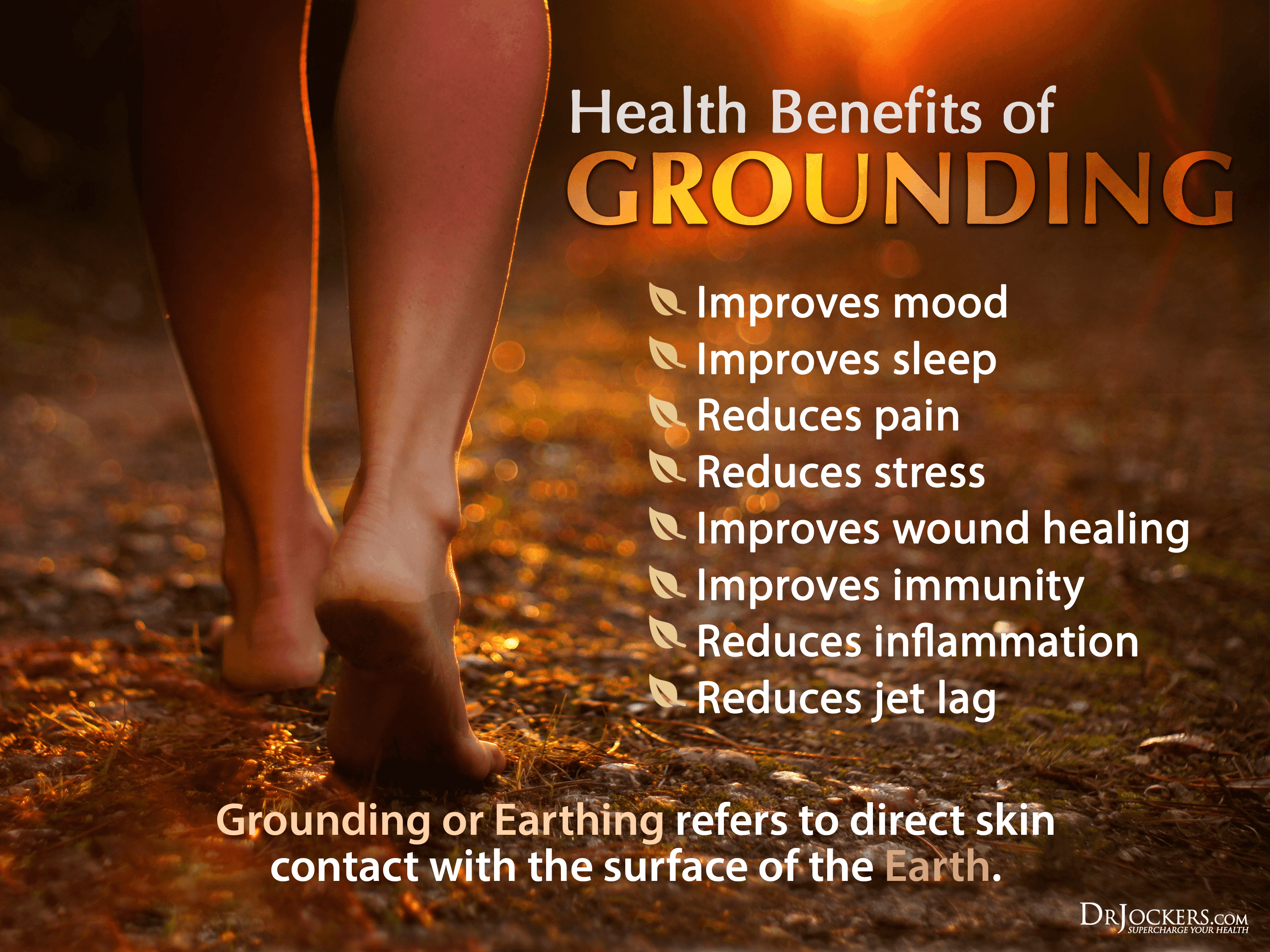
Unplug Your WiFi:
As I just mentioned, artificial EMF stress has a negative effect on our stress response, throwing off our cortisol/melatonin rhythms and altering key neurotransmitters. For some, this barely effects them while others are much more sensitive.
If you are having trouble getting restful sleep, I would highly advise unplugging your WiFi each night before bed. Everyone I have ever had do this, has reported noticeable changes in their quality of sleep and restfulness.
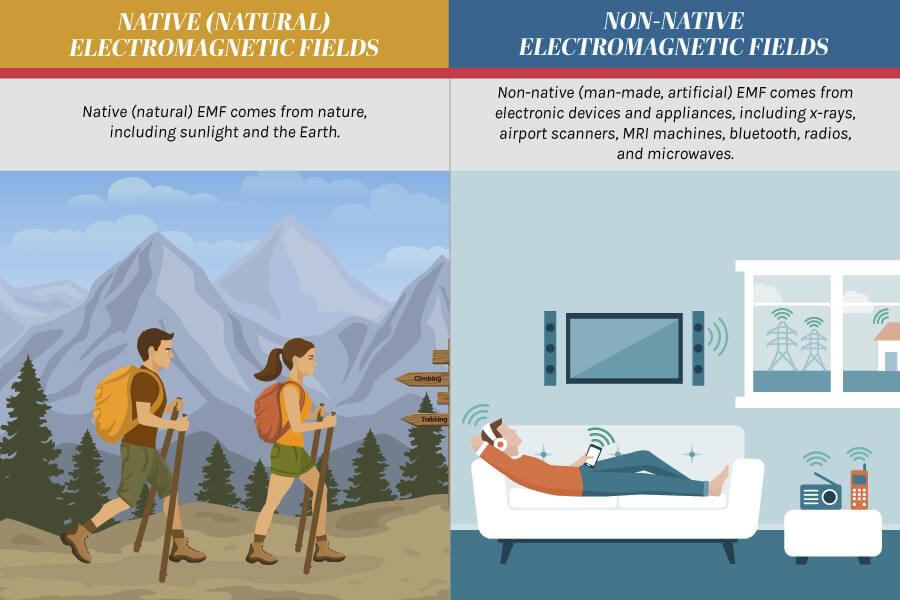
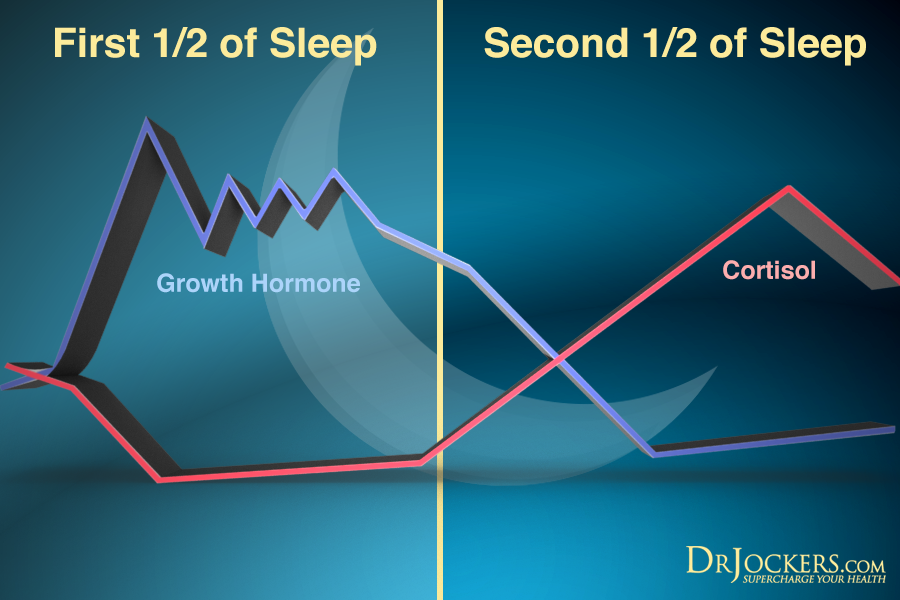
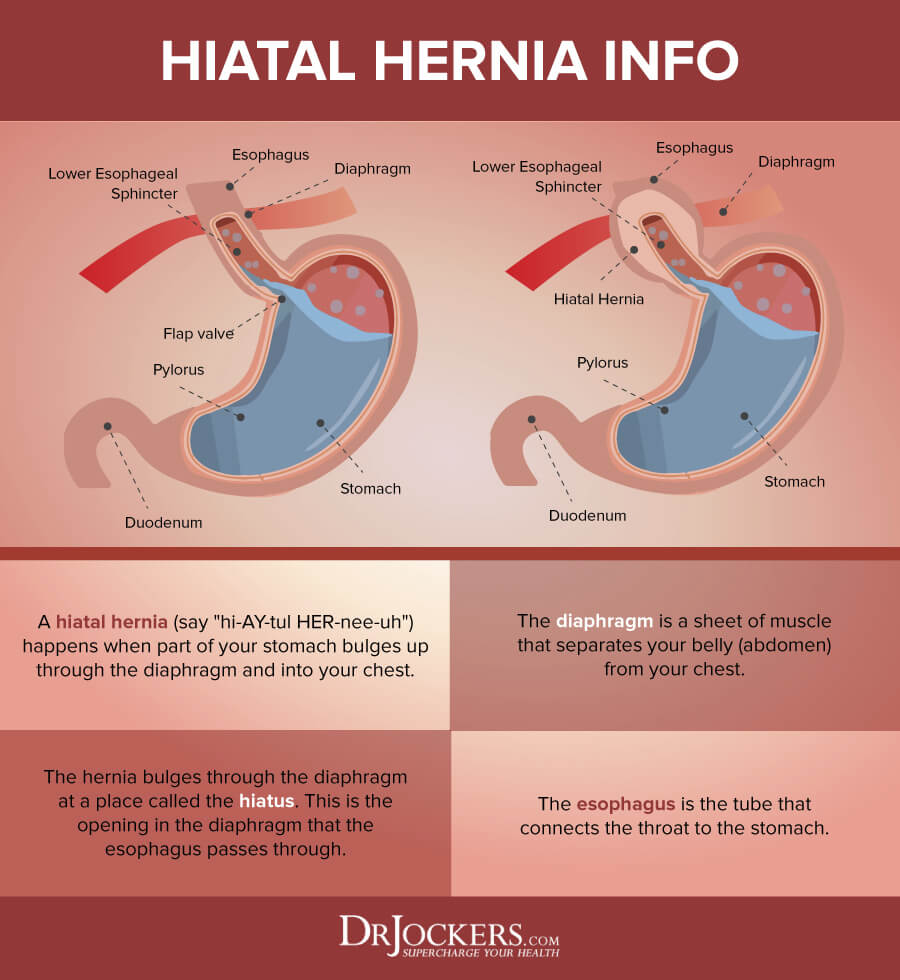

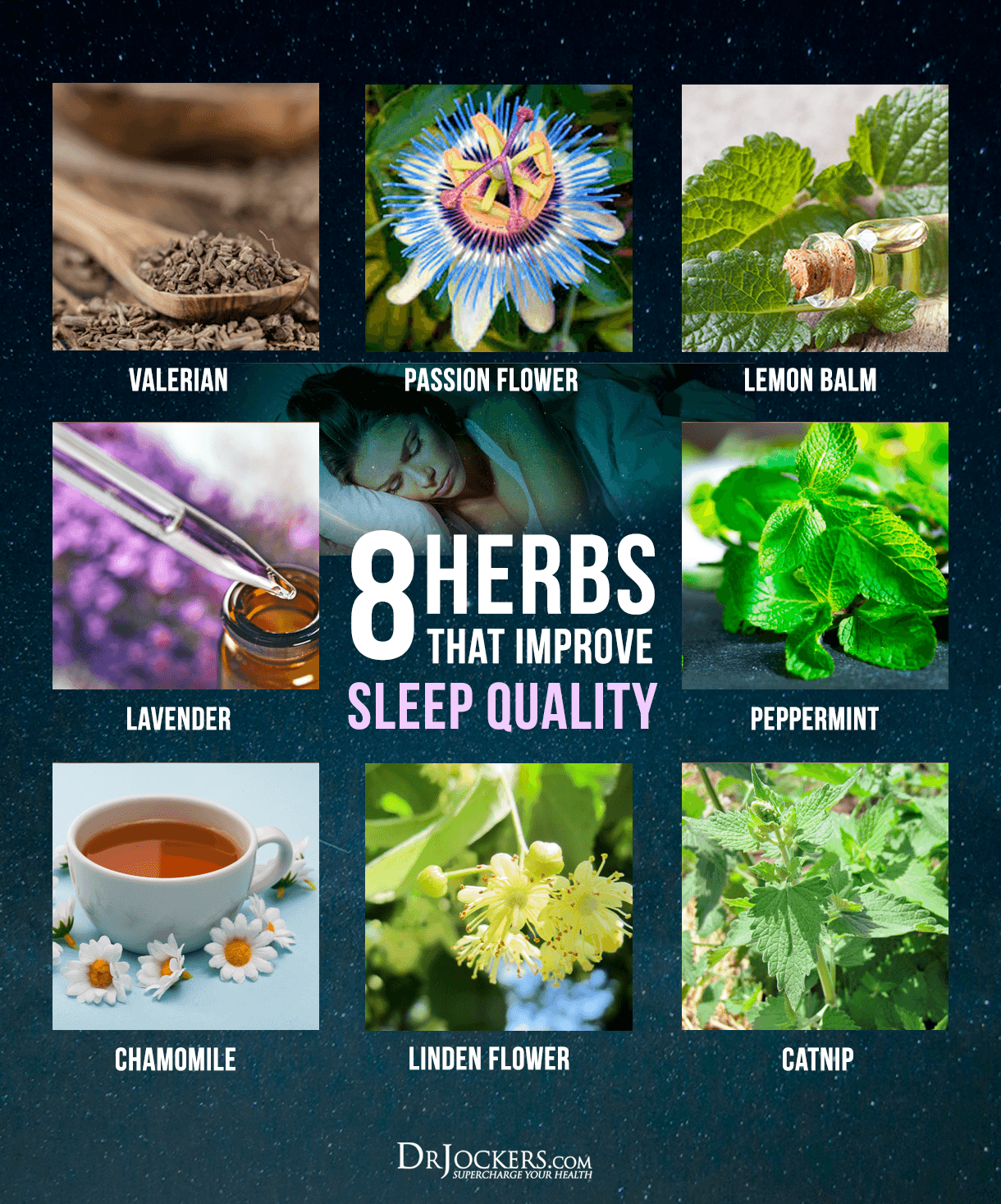



I recently was subject to Polysomnography ( PSG ), But was told that PSG and HBOT is one of the same type of treatment. I curious of the different between HBOT/sleep study and PSG/sleep study.
Can Dr. Jocker explained to me the different between the two. Please e-mail me telling me the different.
proof red article ? If blood sugar is out of balance it will cause you to wake up in the middle of the night (2-4pm)
mhhh, 2 – 4 PM i prefer to be awake
Wonderful article! We are linking to this particularly great content on our site. Keep up the great writing.
Great! Thank you!
My husband (48) has sleep apnea. And a couple of times caused extremely high heartbeat, close to heart attack, irritability. And beside this I I learned here from the articles, he has low stomach acid due to stress ( from not getting enough sleep,and other stress factors), and that’s a chain reaction for other things include low immunity, joint pain.